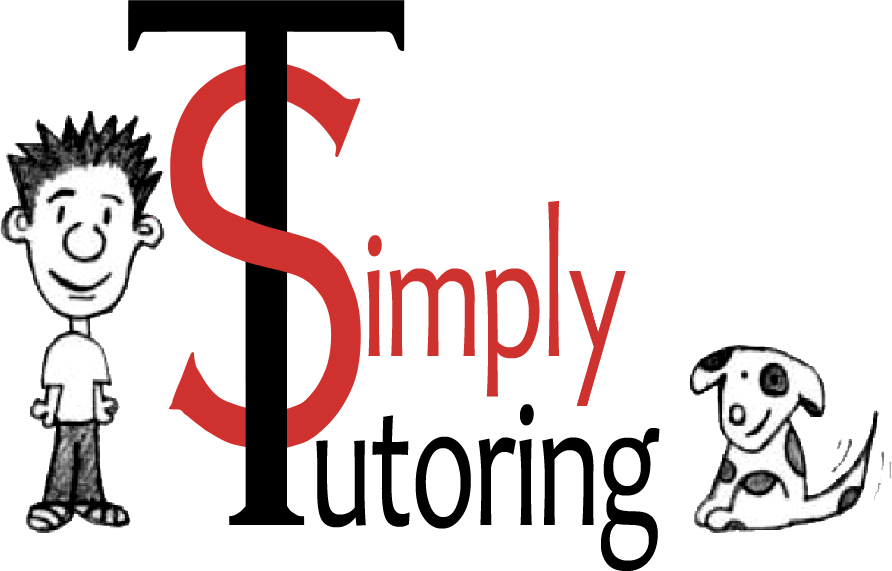If Kids Could Teach Themselves, Zoom School Would Have Worked!
Written by Kimberly Falk
Experienced Master Teacher/Tutor
Learning is a social activity.
Lockdowns reinforced the research findings that learning is a social activity, even for the quiet ones. According to L. S. Vygotsky, educational researcher, “Children grow into the intellectual life around them.” Students, as well as adults, learn best in small groups with the guidance of more-capable peers to reach their true potential.
What a student can do in a group today, they can do on their own tomorrow.
For example, have you ever asked your kids for help navigating the technology on your phone or computer? Or, have you ever reached out to friends on social media for advice on best summer day trips with kids? You are accessing a more-capable peer. This small-group learning space with more-capable peers is Vygotsky’s Zone of Proximal Development (ZPD). When kids are introduced to new techniques or can clarify a concept in the ZPD, they can apply the new understanding more confidently and independently going forward. In other words, what a student can do in a group today, they can do on their own tomorrow. However, overcrowded classrooms and various disruptions impact the learning environment for many students.
How can tutoring help?
Simply Tutoring, serving The Woodlands, TX and surrounding communities, can be the more-capable peer to help bridge the gap between what happens when students get lost in an overcrowded classroom and leading a student to the ah-ha moment when real learning takes place.
What is a More-Capable Peer?
ANY PERSON. ANY DAY.
Parents and teachers/tutors are, of course, the obvious more-capable “peers” in many learning environments, but anyone who can “show you the ropes” in any situation functions as a more-capable peer. Additionally, people who have achieved 10,000+ hours in time spent on practicing and perfecting a skill-set can be considered an expert and can share knowledge to help others achieve at a higher level.
Even Gifted Students Need More-Capable Peers
It is important to understand the characteristics of different types and levels of giftedness such as those highly skilled in specific academic areas, in the arts, in leadership, in physical activity, or in creative inventions. Gifted kids are KIDS first. They DON’T know it all, so they must be taught, NOT assigned. Gifted students must learn to refrain from ALWAYS telling ALL they know so they may hear or understand something in a new way. Even the most advanced student needs a more capable peer to help fill the gaps and keep them focused on the task at hand.
Why Are Classrooms Still Important?
When teachers use a teaching practice called flexible grouping in classrooms, students interact with differing levels of knowledge and skill often. Sometimes they are the more capable peer helping others, and sometimes they are the student who hears something in a new way that helps them to achieve the skill at a higher or more proficient level.

